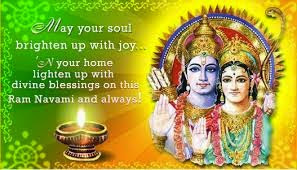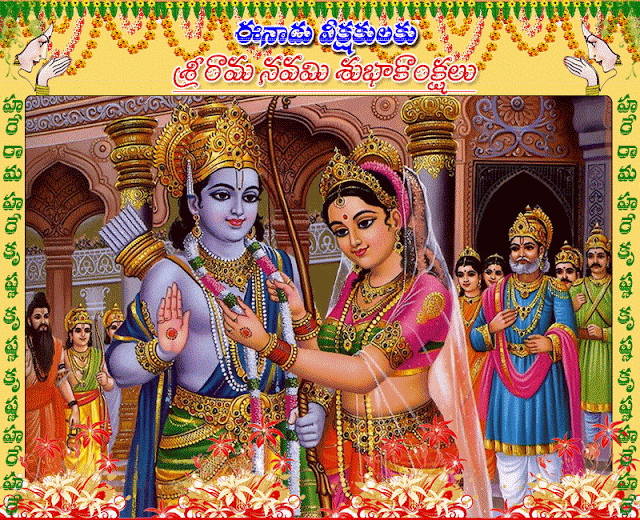Spiritual Import of Religious Festivals :Ch-3. Part - 17.

Chapter-3. Rama – The Apotheosis of Human Perfection ( Sri Ramanavami ) Part-17. Terror was Rama, thunderbolt was Rama – says Valmiki. But butter was Rama, a rose petal was Rama, all compassion was Rama – says the same Sage Valmiki. In anger, Rama was fierce like fire – fire comparable only with the fire during the dissolution of the cosmos, and at the same time nobody could be so compassionate, goodhearted and simple as Rama himself was. This is the dramatic contradiction of personality which Valmiki introduces into his epic, to bring out the greatness of the divine personality. What are the characteristics of great men? They are harder than a diamond but softer than a lotus petal. The great Masters are harder than a diamond and, therefore, you cannot do anything to them and they will never budge from their principles. You cannot shake them by your powerful logic and argumentation. This is only one side of these great Masters. The other side is that n...





.jpg)
.jpg)





